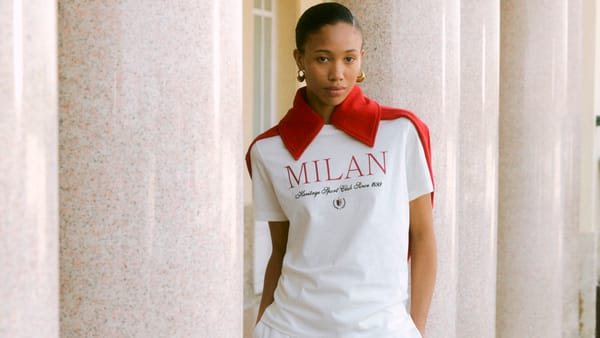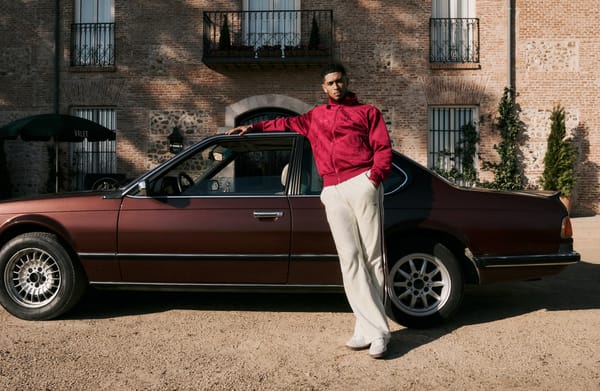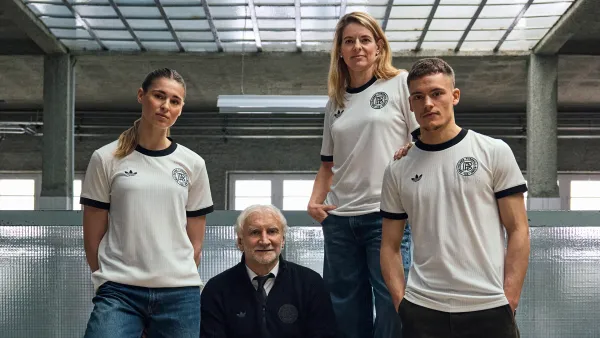Antonio Rüdiger: From Champions League Glory to Heartfelt Homage to Sierra Leone Roots
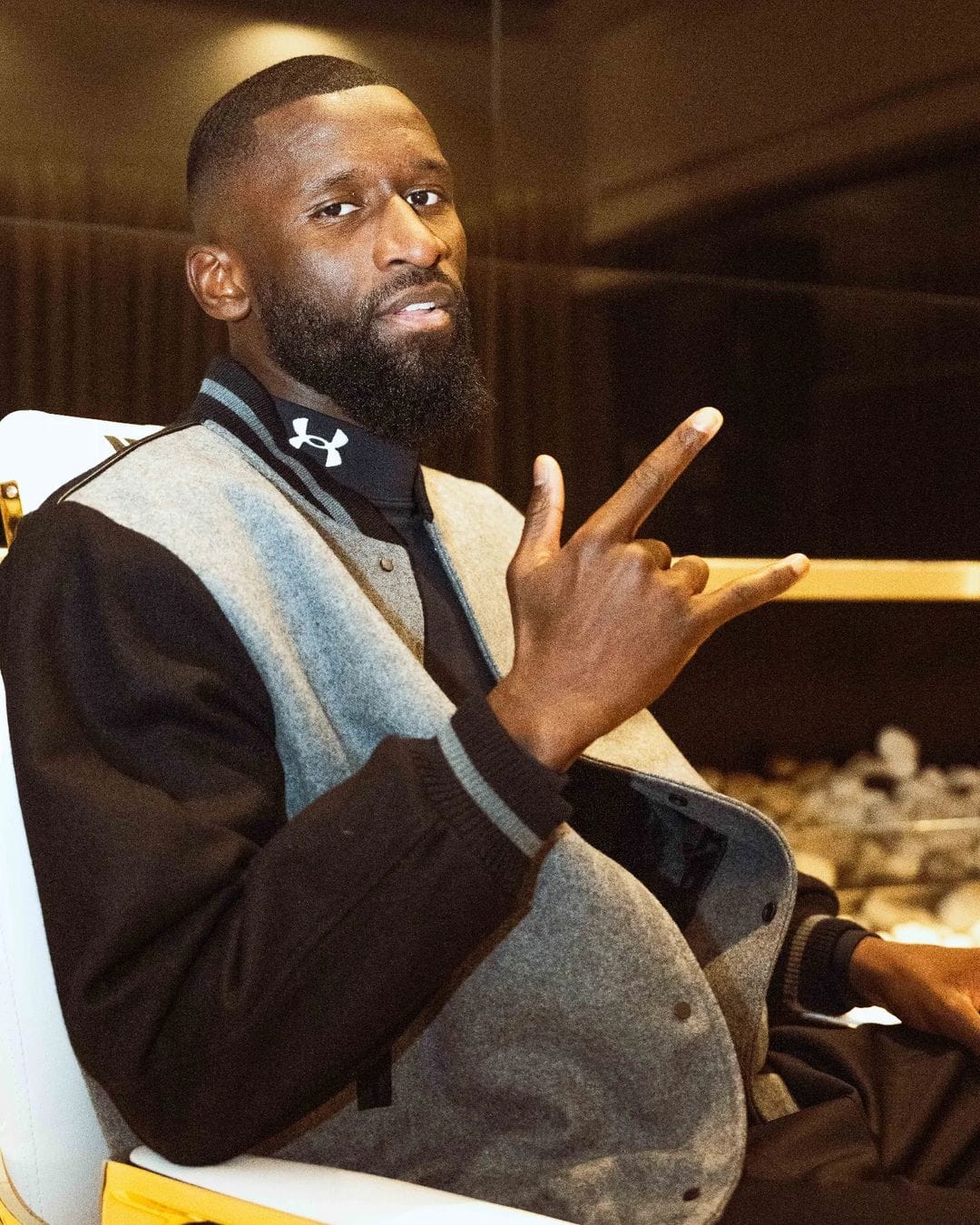
Antonio Rüdiger, a formidable presence on the pitch, has etched his name in the annals of football history with his stellar performances in the La Liga also the recent UEFA Champions League final. The German international, who has played a crucial role in Chelsea’s & Real Madrid defensive lineup, also carries a deep connection to his Sierra Leonean heritage, a bond that he honors and cherishes despite the geographical and professional distance.
Born in Berlin to a German father and a Sierra Leonean mother, Rüdiger’s journey to the pinnacle of European football is a testament to his talent and tenacity. His success story reached a new zenith in 2021 when he played an instrumental role in Chelsea’s Champions League triumph, cementing his status as one of the elite defenders in the sport.
However, beyond the glitz and glamour of professional football, Rüdiger has remained grounded and committed to acknowledging his African roots which we have also seen recently after winning the UCL finals with the Sierra Leonean flag
Rüdiger’s connection to Sierra Leone
Rüdiger’s connection to Sierra Leone is more than just a familial link; it is a source of pride and identity. He has frequently spoken about his heritage and has been actively involved in philanthropic efforts in the country.
In 2019, he donated a significant sum to help rebuild a school in the capital, Freetown, demonstrating his commitment to giving back to the community that forms a part of his identity. His charitable foundation, the Antonio Rüdiger Foundation, aims to improve the lives of underprivileged children in Sierra Leone, providing them with opportunities that he hopes will help them achieve their dreams, much like he did.
National team choice
Despite his visible efforts to support and uplift Sierra Leone, Rüdiger has faced questions and discussions regarding his decision to play for Germany rather than his mother’s homeland. The discourse often centers around the notion of national allegiance and the opportunities available within different national football structures.
For Rüdiger, choosing to represent Germany was a pragmatic decision influenced by his upbringing in Berlin and the resources and development opportunities offered by the German football system. His path through the ranks of German football, culminating in his representation of the national team, reflects the reality of many dual-heritage players who navigate complex personal and professional landscapes.
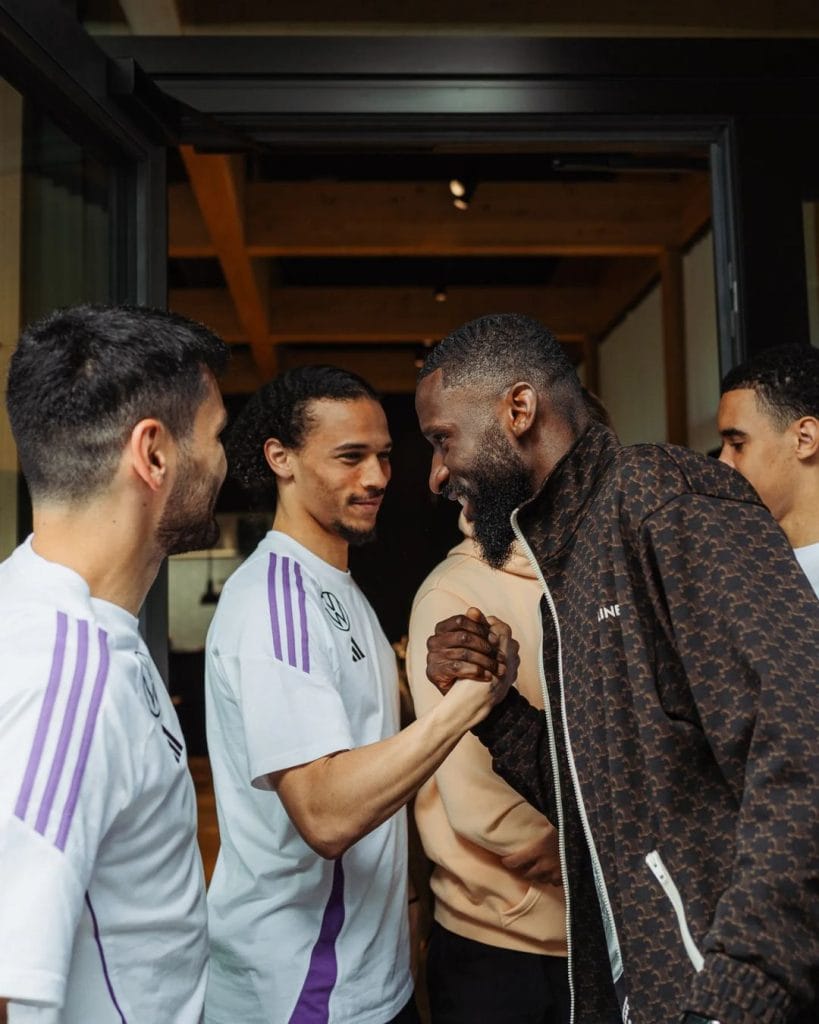
The choice of national team for players of dual heritage is often a topic of intense debate, sometimes overshadowing their contributions both on and off the field. Critics argue that playing for a more prominent national team can seem like a pursuit of glory rather than a connection to one’s roots. However, for many players like Rüdiger, the decision is multifaceted, involving considerations of career development, personal identity, and the impact they can have through their visibility and success.
Impacting Positive Changes Through Football
Rüdiger’s actions off the pitch underscore the importance of players recognizing and supporting their roots. By investing in educational and social projects in Sierra Leone, he uses his platform to make tangible differences in the lives of those who share his heritage. This form of giving back highlights a broader trend among footballers who leverage their success to foster positive change in their ancestral communities. It also serves as a powerful reminder that one’s cultural and familial roots can be honored in numerous impactful ways, extending far beyond the football field.
The 31-year-old recently revealed that he is forming his own team in Berlin. Collaborating with German rapper Luciano, he is developing FC Berlin City to compete in the small-field tournaments of the newly established Toni Kroos & Elias Nerlich‘s “Icon League” by 2025.
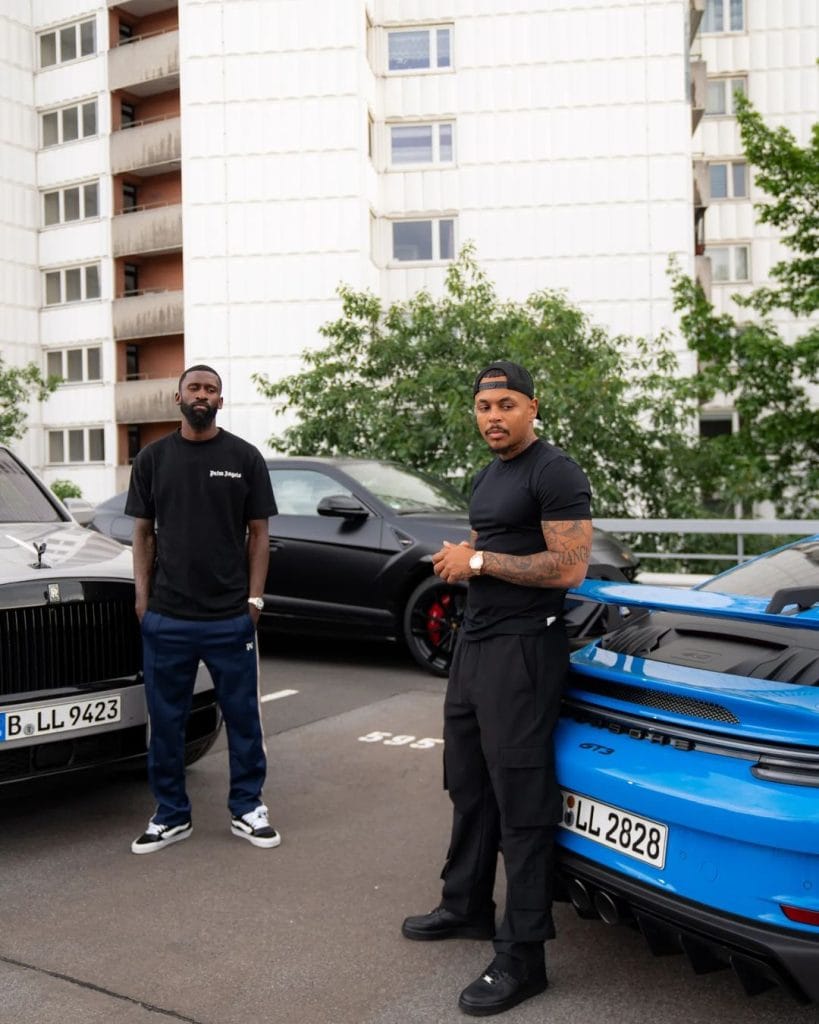
Final words
In conclusion, Rüdiger’s story is one of triumph, identity, and giving back. As players navigate their careers, their ability to support and uplift their communities, both locally and ancestrally, becomes a crucial aspect of their legacy, illustrating the profound impact of football beyond the confines of the stadium.
.png)


